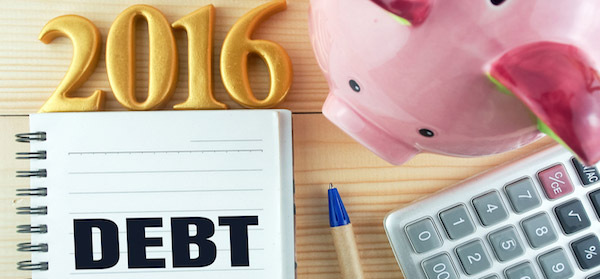If you watch commercial television, you can’t fail to have noticed the increase in advertisements for payday (or cash) loans. Although they’re usually aimed at a younger audience, as witnessed by their ‘wacky’ content, the reality is that to someone in a precarious financial position, they can seem like the easy way out. The reality is very different; due to the high fees charged, they can often make money problems much more serious.
According to Moneysmart.gov.au, a $1500 payday loan taken over 25 days, will cost you $360 in fees, with two fortnightly repayments of $930. This is based on a 20 per cent establishment fee and a monthly account-keeping fee of four per cent, the maximum a payday lender can charge. Credit providers are not allowed to charge interest on this type of loan.
Payday loans can be taken out for amounts up to $2000 and are usually paid back over a short period of time, although the duration can be anywhere between 16 days and one year. As the name suggests, repayments are usually taken on the day that you are paid, either as a direct debit from your bank account or directly from your salary.
Payday lenders are bound by the same credit-lending criteria as other financial institutions and should never offer a loan to someone who is clearly having issues paying back their debts.
Default fees can quickly add up, too, although from 1 July 2013, the most you can be charged if you default on a loan is twice the actual loan amount. This is inclusive of any repayments paid under the contract. Before signing any contract, it’s important to ask what fees you are liable to pay should you default on your loan or are late with a payment.
It’s also worth noting that there are alternatives to payday loans.
If you’re struggling to pay a bill, such as a utility bill, you should contact your provider and ask about payment plans.
If you’re looking to replace a household items, such as a fridge or washing machine, or need to pay a personal services bill, such as a medical bill, then you may be eligible for a no-interest loan if you’re on a low income.
For those who receive a benefit from Centrelink, you may be able to get an advance payment, which has no interest charged and involves regular amounts being deducted from your fortnightly payment.

